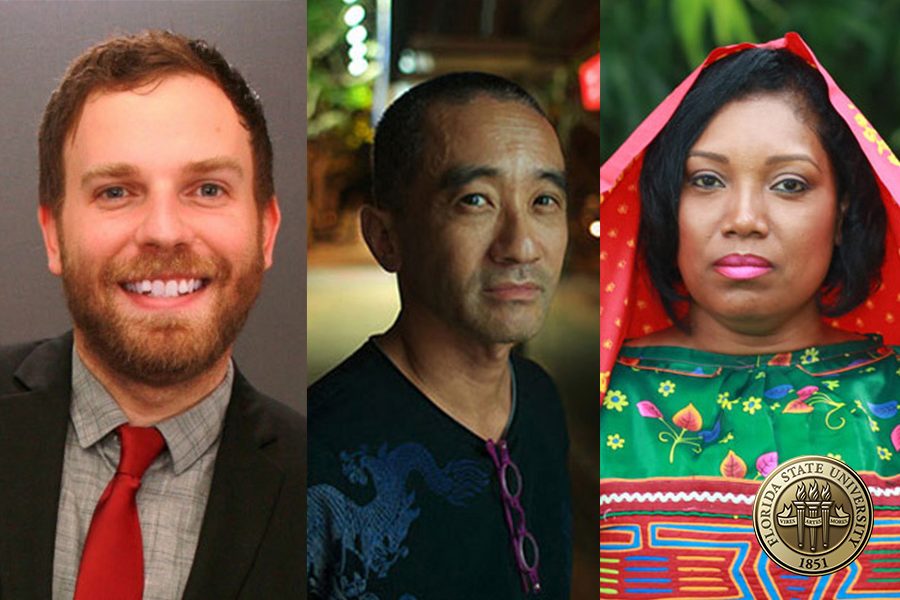
Despite being the largest and among the fastest-growing racial/ethnic groups in the U.S., Latinx communities are underrepresented in clinical trials and have historically made up only 7.6% of NIH study participants and 3% of industry study participants.
At the peak of the pandemic, Latinx populations were five times more likely to die relative to non-Latinx whites, yet Latinx individuals remain underrepresented in COVID-19 vaccine trials. Considering this, the study aims to identify possible strategies to increase participation in clinical trials among this population.
Casey Xavier Hall, a new assistant professor in the College of Nursing, is leading the study as a principal investigator within the Center of Population Sciences for Health Equity (CPSHE). His expertise in mixed-methods community-based research that addresses sexual, gender and racial and ethnic health disparities supports the focus of this study.
The research team also includes multiple principal investigators: Frankie Wong, McKenzie Endowed Professor of Health Equity Research in the College of Nursing and founding director of the Center of Population Sciences for Health Equity, and Eugenia Millender, an associate professor in the College of Nursing. Millender’s network connection with the Compass LGBTQ+ Community Center will help facilitate the study among sexual and gender minority Latinx communities.
The study will be conducted using mixed research methods, meaning that the researchers will collect and analyze both survey data and personal narratives of members within the Latinx communities of Palm Beach County.
The inclusion of community perspectives holds substantial weight in the project, since the aim is to expand LGBT Latinx community involvement in vaccine trials and campaigns. The team plans to distribute the results to relevant communities and academic outlets.
“During the course of the COVID-19 pandemic, we’ve seen disparities in impact of infection and in access to vaccines,” Xavier Hall said. “This project will examine perspectives on clinical trial and vaccine campaign participation among lesbian, gay, bisexual and transgender Latinx communities, with an aim at developing strategies to improve participation and access so that their voices and perspectives will be included in future trials and campaigns.”
Xavier Hall emphasized that the research team at CPSHE respects Latinx communities as more than a monolithic ethnic category and aims to examine the considerable diversity among Latinx communities. That includes immigration experiences, national origins, racial differences and social contexts.
Millender agreed with this sentiment, saying: “The concept of one-size-fits-all is no longer acceptable. This grant will allow us to work with our community partner Compass to understand directly from the people what matters most and be inclusive and respectful of cultural values and norms.”
The team says it believes this is the best way to create meaningful and authentic interventions to eradicate health inequalities.
The analysis of key factors, along with the interviews with community members, will give the team a more complex understanding of vaccine trial and campaign participation among LGBT Latinx people. The outcome of those findings is intended to support strategies for diversifying participation in vaccine trials and vaccine campaigns.
This project is supported by the Food and Drug Administration (FDA) of the U.S. Department of Health and Human Services (HHS) as part of a financial assistance award totaling $469,731, with 100% funded by FDA/HHS.




